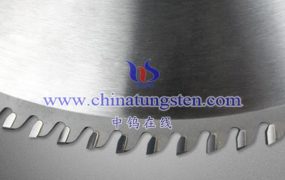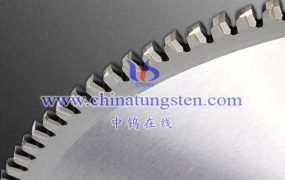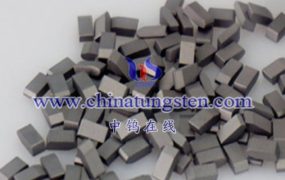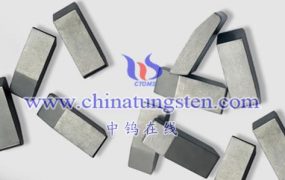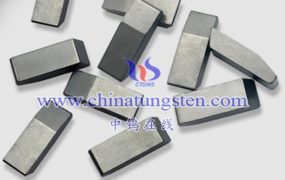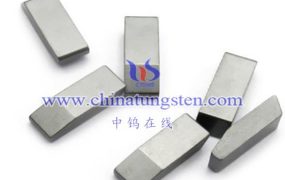
The specific impact of sintering atmosphere on the properties of cemented carbide is mainly reflected in the following aspects:
- The sintering atmosphere can affect the grain size and distribution of cemented carbide. In a reducing atmosphere, carbides are not easily decomposed, resulting in grain growth and reduced strength and hardness. In an oxidizing atmosphere, carbides are easy to decompose, the grains are fine, and the strength and hardness will increase.
- The oxygen content in the sintering atmosphere will affect the density and strength of cemented carbide. When the oxygen content is high, it helps to densify the cemented carbide, but it also causes oxidation of the alloy surface, reducing the hardness and wear resistance. When the oxygen content is low, the degree of surface oxidation is reduced, but the density and strength will be reduced.
- The pressure of the sintering atmosphere can also affect the properties of cemented carbide. Sintering under high pressure helps improve the density and strength of cemented carbide. But too high a pressure can cause deformation or cracking of the compact.
- The composition of the sintering atmosphere also affects the properties of cemented carbide. For example, during vacuum sintering, the influence of harmful components in the atmosphere on the properties of the alloy can be avoided, such as moisture, oxygen, hydrogen, etc. In addition, adding sintering aids can also improve the quality of the sintering atmosphere and further improve the performance of cemented carbide.
In summary, the sintering atmosphere has an important impact on the properties of cemented carbide. By reasonably controlling the sintering atmosphere, the properties of cemented carbide can be optimized and its density, strength and hardness can be improved.
